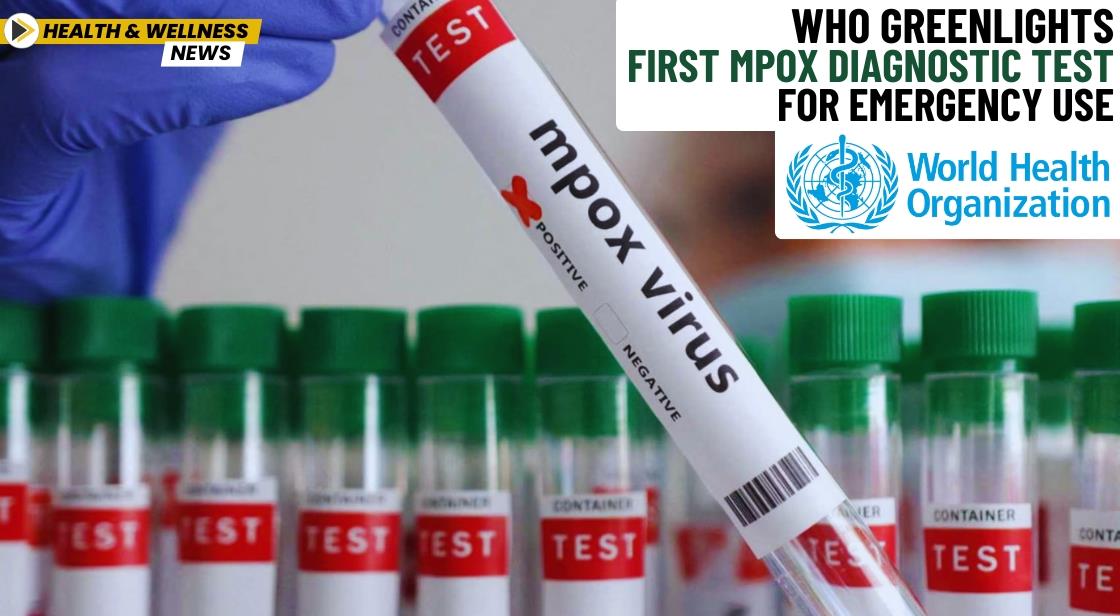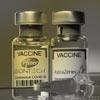WHO Greenlights First Mpox Diagnostic Test for Emergency Use

News Synopsis
On Thursday, the World Health Organization (WHO) officially authorized Abbott Laboratories' mpox diagnostic test for emergency use, marking a pivotal step in strengthening testing capabilities in regions facing outbreaks of this viral disease. This approval represents the first of its kind from the WHO as part of their broader strategy to enhance response efforts to the ongoing mpox crisis.
Introduction to the Alinity m MPXV Assay
The newly approved diagnostic test, known as the Alinity m MPXV assay, is a real-time polymerase chain reaction (PCR) test specifically designed to detect mpox virus DNA from human skin lesion swabs. The WHO emphasized that the test should only be administered by trained clinical laboratory personnel, ensuring accurate and efficient testing in affected areas. This focus on professional handling highlights the importance of skilled personnel in managing public health challenges, particularly during disease outbreaks.
WHO's Ongoing Efforts to Enhance Diagnostic Testing
In addition to approving Abbott's test, the WHO has initiated evaluations of three additional mpox diagnostic tests for emergency use. The organization is actively engaging with other manufacturers to expand the availability of diagnostic tools for mpox, aiming to improve testing infrastructure in countries heavily impacted by the disease. This initiative is vital as it reflects the WHO's commitment to addressing the urgent need for effective diagnostic methods amid increasing mpox cases worldwide.
Significance of the Emergency Use Listing (EUL) Procedure
Yukiko Nakatani, the WHO’s Assistant Director-General for Access to Medicines and Health Products, noted that this initial approval of an mpox diagnostic test under the Emergency Use Listing (EUL) procedure signifies a major milestone in the global response to mpox. The EUL process is designed as a risk-based assessment framework for unlicensed vaccines, tests, and treatments, allowing for expedited availability during public health emergencies. This approach enables quicker access to critical health tools necessary for combating infectious diseases, especially in underserved populations.
Context of the Mpox Outbreak
In August, the WHO made a call to manufacturers to submit their mpox diagnostic products for emergency review, engaging in discussions about the pressing need for effective diagnostics, particularly for low-income communities. This proactive stance is crucial, as the WHO declared mpox a global public health emergency for the second time in two years, following a recent outbreak in the Democratic Republic of Congo that has since spread to neighboring countries like Burundi, Uganda, and Rwanda.
Current Strains of the Mpox Virus
The ongoing mpox situation is characterized by the emergence of two distinct strains of the virus. The first, the clade I variant, is endemic to specific regions of West and Central Africa. The second, more concerning strain, known as clade Ib, has exhibited higher transmissibility and has raised global alarms. Notably, countries such as Sweden, Thailand, and India have confirmed cases of the clade Ib strain, marking a significant development outside the Democratic Republic of Congo and its immediate neighbors.
Conclusion: The Path Forward in Combatting Mpox
As the WHO continues to expand its efforts to combat mpox through enhanced diagnostic testing and emergency use authorizations, the global health community is urged to remain vigilant. The recent authorization of Abbott’s mpox diagnostic test is a crucial step in managing this public health crisis, providing healthcare systems with a much-needed tool to identify and respond to cases of the virus more effectively.
The combination of innovative diagnostic solutions, ongoing research, and international cooperation will be essential in overcoming the challenges posed by mpox. With the potential for further outbreaks, particularly with the rise of new strains, the need for swift action and robust health responses remains critical in safeguarding public health across the globe.
You May Like









